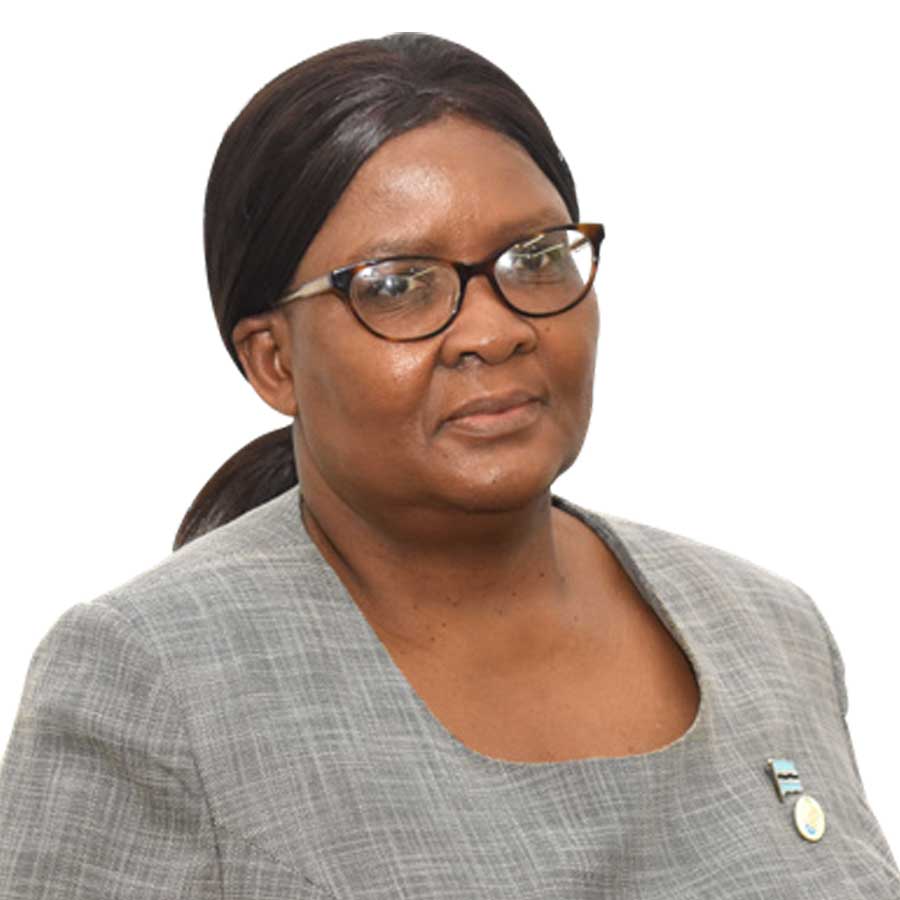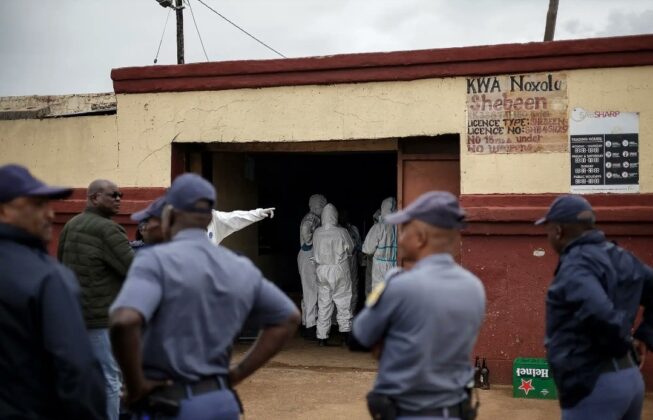
Former CMS Leader Dr. Onalenna Seitio-Kgokgwe. Image : Global Expo Botswana.
(The Post News)– The previous leader of Central Medical Stores (CMS), Dr. Onalenna Seitio-Kgokgwe, has finally spoken out regarding turmoil at Botswana’s primary pharmaceutical supply agency, urging the Ministry of Health and the government to accept responsibility instead of blaming CMS personnel.
Staff Face Unfair Blame
CMS recently faced an intense investigation after President Duma Boko dispatched a special team to examine alleged corruption and inefficiencies in medicine distribution. However, Dr. Kgokgwe, a specialist in public health and an expert in health systems administration, insists that CMS staff have unfairly become scapegoats.
Dr. Kgokgwe explained that since the agency works under the Ministry of Health, the government and the ministry must bear accountability when it fails to fulfill its objective. She noted that their staff work hard, often on weekends and holidays, despite limited resources and authority.
She added that it manages over 2,000 products with a budget above one billion pula but lacks full procurement and finance teams. Centralized control at the ministry continues to block efficiency, an issue highlighted since the 2002 review but never implemented. Dr. Kgokgwe warned that laws such as the Public Procurement Act of 2021 have worsened shortages by inviting middlemen into a market with little local manufacturing.”
Complexities in Global Supply
Dr. Kgokgwe cautioned that pharmaceuticals are not simple consumer items to stock and buy readily. “The international supply chain for medicines is intricate. It requires long-term contracts, demand forecasting, and often upfront payments. Given current government financial regulations, it cannot enter such commitments, which compromises supply consistency.”
Additional vital issues she identified include guaranteeing medicines reach distant health posts and clinics, improving storage conditions and accountability at the facility level, mitigating shortages of pharmacy technicians, resolving disputes over medicine management in lower-level health facilities, and developing a logistics information system to monitor consumption in real time for better forecasting.
Regarding expenses, Dr. Kgokgwe stressed the importance of eliminating middlemen by allowing the government to procure directly from reputable international manufacturers through transparent competitive procedures. “Direct acquisition from manufacturers can reduce markups and boost effectiveness. However, regulatory supervision and financial flexibility must support this, which current frameworks do not permit,” she explained.
She assumed that the annual budgets of P705 million and P80 million represented different currencies. Additionally, she asked BOMRA to continue being watchful in order to safeguard the country if it really amounts to P80 million. While acknowledging the president’s investigative team, Dr. Kgokgwe also warned that reforms must go beyond fault-finding. She argued that “temporary solutions” will not solve any systemic challenges.
Dr. Kgokgwe concluded by reminding stakeholders that the agency remains a cornerstone of Botswana’s healthcare system. She urged the government, policymakers, and the public to view CMS not as a source of blame but as a partner that requires structural reforms, adequate resources, and autonomy to deliver a reliable medicine supply for the nation.



